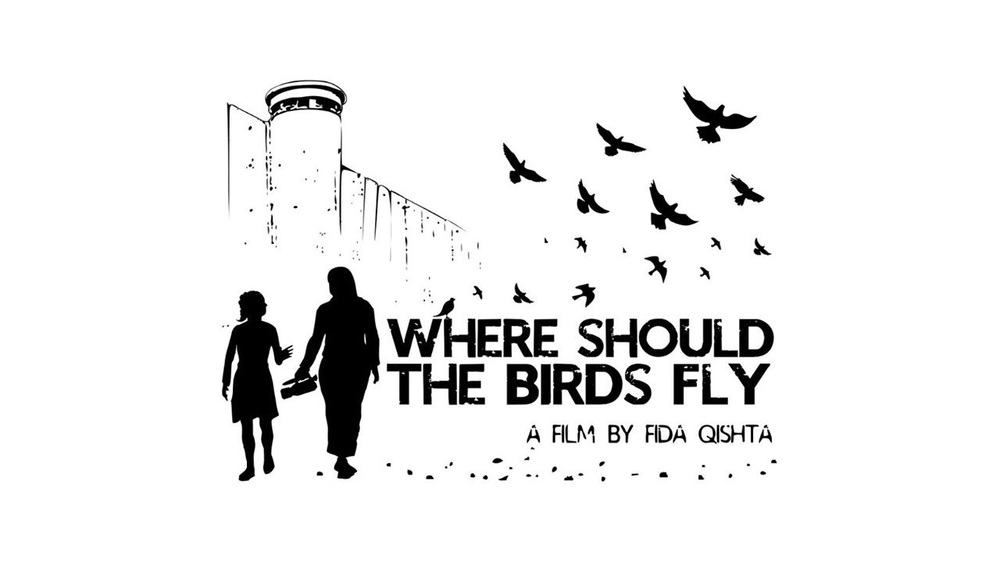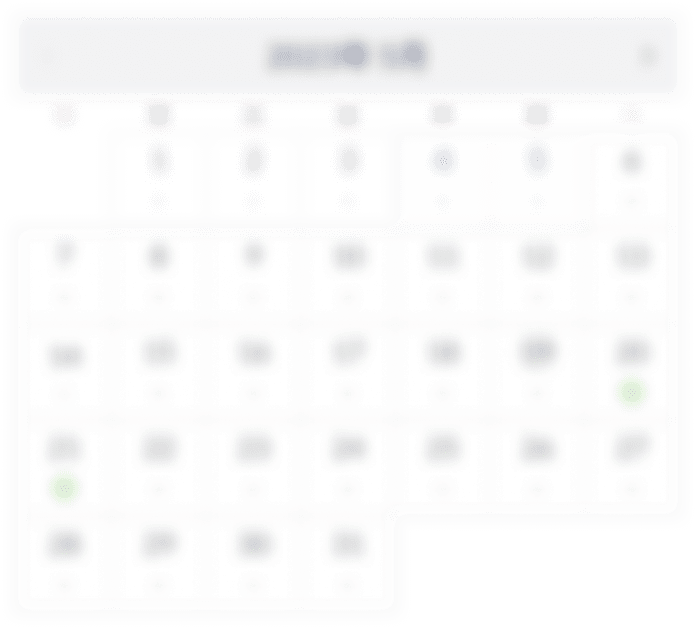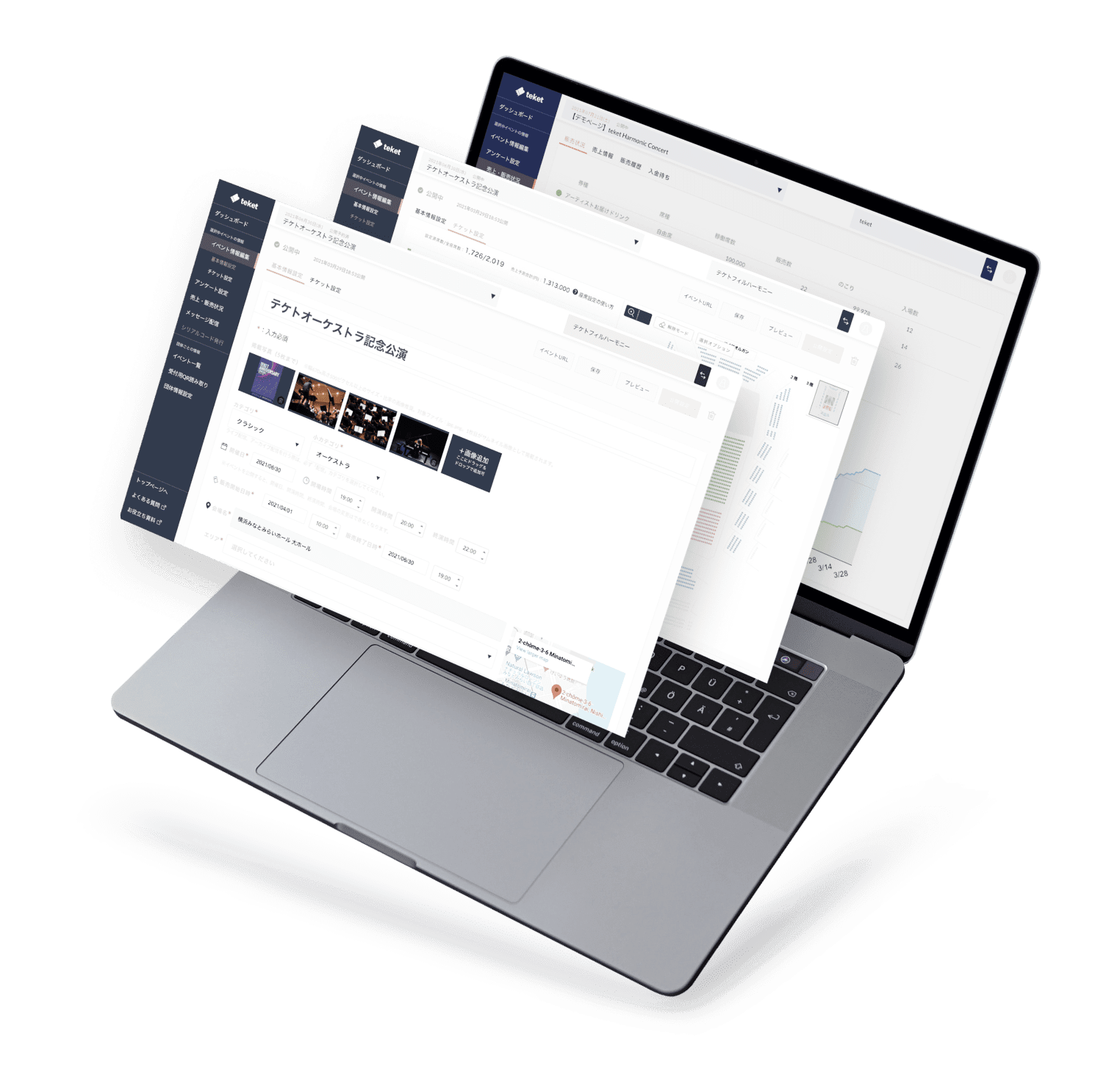開場/開演情報・チケット販売期間
チケットの種類・料金帯
全-料金帯
0円 ~ 0円
- ご利用には会員登録/ログインが必要です。
-
ご利用可能支払方法
-
- 購入方法について
プログラム
Online UPAF
https://online-upaf.org/portfolio/whereshold_the_birdsfly/
いい映画で観るパレスチナの歴史その4
「市民ジャーナリストが記録したガザ攻撃:2008-09と2023-04」
原題:Where Should the Birds Fly
監督:フィダ・キシュタ | ガザ | 58分 | 2013 | カラー | セルフドキュメンタリー | 英語・アラビア語 | 英語&日本語字幕付き(バリアフリーではありません)| 原題:Where Should the Birds Fly | 鑑賞券 880円 | 売上は、監督がガザの家族を助けるための資金に寄付されます。
2015年にUPAFで日本初公開。*15歳以下のお子さんにはお薦めしません。
1993年のオスロ合意で交わされた約束が果たされないことに怒りを募らせていたパレスチナ人は、2000年に蜂起し、第2次インティファーダが始まった。第一次(1987-93年)とは違って、暴動や自爆テロによる武装抵抗が多く、イスラエルは大規模な空爆や戦車、ブルドーザーでの報復攻撃をガザで行った。その最中の2004年、ガザ最南端エジプトとの国境の街ラファで育ったフィダは、生家がイスラエル軍のブルドーザーに潰されるのを見た。やがて彼女はビデオカメラを武器として手にとり、ガザ地区初のパレ スチナ人女性ビデオジャーナリストになった。この映画は、大人になった彼女が、2008−09年のガザ紛争(イスラエルではキャストレッド作戦、アラブ諸国ではガザの虐殺と呼ばれる)で見た、西側先進国のニュースでは決して伝えられない映像を、一つの作品にまとめた貴重な記録映画。現在ではガザからの映像がSNSでただちに世界に伝わるようになっているが、今、10年以上前につくられたこの作品と、今年制作の『アフマドは生きている』を一緒に観ると、ガザの市民たちが長年にわたり生きてきた世界に、歴史的文脈を交えて思いを馳せられるかもしれない。以下は、UPAFが2015年に日本初公開した時に書いた紹介文:
パレスチナ人と言えばまるで全員が兵士のような印象を受けるが、作品に出てくるのは皆、農民や漁民など、普通のパレスチナ人。でも彼らの暮らしは普通とはほど遠い。全く罪のない人々が何十年にも渡り囚人のような生活を強いられているのを、世界は見て見ぬ振りをしてきた。なぜ?この、時に衝撃的な映像を直視する責任は誰にあるのだろうか。何人もの家族を一度に目の前で殺された少女モナに、フィダは自分の過去とパレスチナの将来を重ねる。モナの心の傷は癒えるのだろうか。この作品で、希望を描きたかったとフィダは言う。そのかすかな希望を、遠い日本の私達は、読み取ることができるだろうか。本当に、日本は遠いのだろうか。
フィダは現在、アメリカに住み、もうすぐ2歳の男の子の母親になっているが、ガザに残る家族の安否が心配で眠れぬ夜をずっと過ごしている。昨年10月から3ヶ月の時点で、50人以上の親族を亡くしたと書いているので、今ではそれが何人になっているのか。直近の家族10数名全員を救おうと懸命に資金集めをし、今年2月にやっとのことで年老いた両親だけをエジプトに救出できたが、父親はエジプトに着いた途端に癌だったことが発覚(ガザでは病院にも行かれなかったため)、9月に設備の乏しいエジプトの病院で鎮痛剤も与えられずに亡くなった。7月には、再建されていた家が再び破壊され、3人の幼い子どもがいる姉が、急に嘔吐が止まらなくなり、ガザの設備のない混み合った病院の待合室で72時間待たされたあと12時間の昏睡状態となり、処理もされないまま亡くなっている。街に散布された何らかの化学物質が原因かもしれないということだが、真相は永遠に追求されないだろう。エジプト人の仲介人が膨大なフィーを取るため、かなりの資金が集まっても残りの家族を救出できないままに現在に至っている。できる方は、少額でもぜひ寄付をお願いしたい。
彼女の資金集めサイトはこちら:
https://www.gofundme.com/f/gaza-crisis-rescue-my-parents-act-now
--
Online UPAF #4 focuses on self-documentaries, from Gaza and from Japan.
Shot, Edited, Written, and Directed by Fida Qishta | Gaza | 58min | color | self-documentary | In English and Arabic with English and Japanese subtitles (not SDH) | Ticket: 880 yen | The proceeds will be donated to the Director’s fundraising campaign to support her family in Gaza | Additional donations can be made here.
Japan-premiered at UPAF 2015. Not recommended to children under 15-year-old.
The promises made in the 1993 Oslo Accords went unfulfilled, fueling the anger of Palestinians and leading to the outbreak of the Second Intifada in 2000. Unlike the First Intifada (1987–1993), this uprising was characterized by armed resistance, including riots and suicide bombings. In response, Israel carried out large-scale retaliatory attacks in Gaza using airstrikes, tanks, and bulldozers.
In 2004, amidst the chaos, Fida, who grew up in Rafah, a border town in the southernmost part of Gaza near Egypt, witnessed her family home being destroyed by an Israeli bulldozer. Later, she took up a video camera as her weapon and became Gaza’s first Palestinian female video journalist. She worked for Western media but noticed they would whitewash the facts and would not use violent footage she captured. This film compiles footage from the 2008–2009 Gaza War (known in Israel as Operation Cast Lead and in the Arab world as the Gaza Massacre) shot, edited, and narrated by Fida that Western media rarely, if ever, broadcast.
Today, images from Gaza can reach the world immediately through social media. However, watching this film—created over a decade ago—alongside the newly released Ahmad Alive provides an opportunity to reflect on the historical context of the world that Gaza’s civilians have endured for the past 15 years. Below is the introduction written by UPAF for the Japanese premiere of the film in 2015:
When people hear “Palestinians,” they may imagine soldiers, but this film portrays ordinary Palestinians—farmers, fishermen, and others. Yet their lives are anything but ordinary. For decades, innocent people have been forced to live like prisoners, ignored by the world. Why? Who bears the responsibility to face these often shocking images head-on?
Fida identifies with Mona, a girl who lost multiple family members before her eyes. Through Mona, she sees her own past and the future of Palestine. Will Mona’s emotional wounds ever heal? Fida says she wanted to depict hope in this film. Can we, far away in Japan, grasp that faint glimmer of hope? Is Japan truly so far removed?
Fida currently lives in the United States and is the mother of an infant boy. However, she continues to endure sleepless nights, worrying about the safety of her family in Gaza. She lost over 50 relatives within three months after Oct 7, 2023, and the number has most likely increased since. Desperately fundraising to save the remaining family members, she finally managed to rescue only her elderly parents to Egypt in February 2024. However, upon arrival, her father was diagnosed with cancer, a condition undetected due to the lack of medical care in Gaza. He passed away in September in an ill-equipped Egyptian hospital, even without being given any painkillers.
In July, their rebuilt home was destroyed again. Her sister, a mother of three young children, suddenly began vomiting uncontrollably and, after waiting 72 hours in a crowded Gaza hospital’s lobby, fell into a 12-hour coma and died without treatment. It is suspected that some chemical agent dispersed in the area caused her condition, but the truth will likely never be investigated. Despite substantial donations, exorbitant fees demanded by Egyptian brokers have stalled the rescue of the remaining family members. She just managed to bring her mother to the US, and continues to send money she raises to support her family in Gaza so that they can eat and keep warm.
If you are able, even a small donation would help. Her fundraising site can be found here:
https://www.gofundme.com/f/gaza-crisis-rescue-my-parents-act-now
出演者
フィダ・キシュタ
動画
お問い合わせ先
その他のお問い合わせ先:“Life, Art, Films”—Official Selection to UPAF
info@unoportartfilms.org
https://online-upaf.org










応援コメント(2)